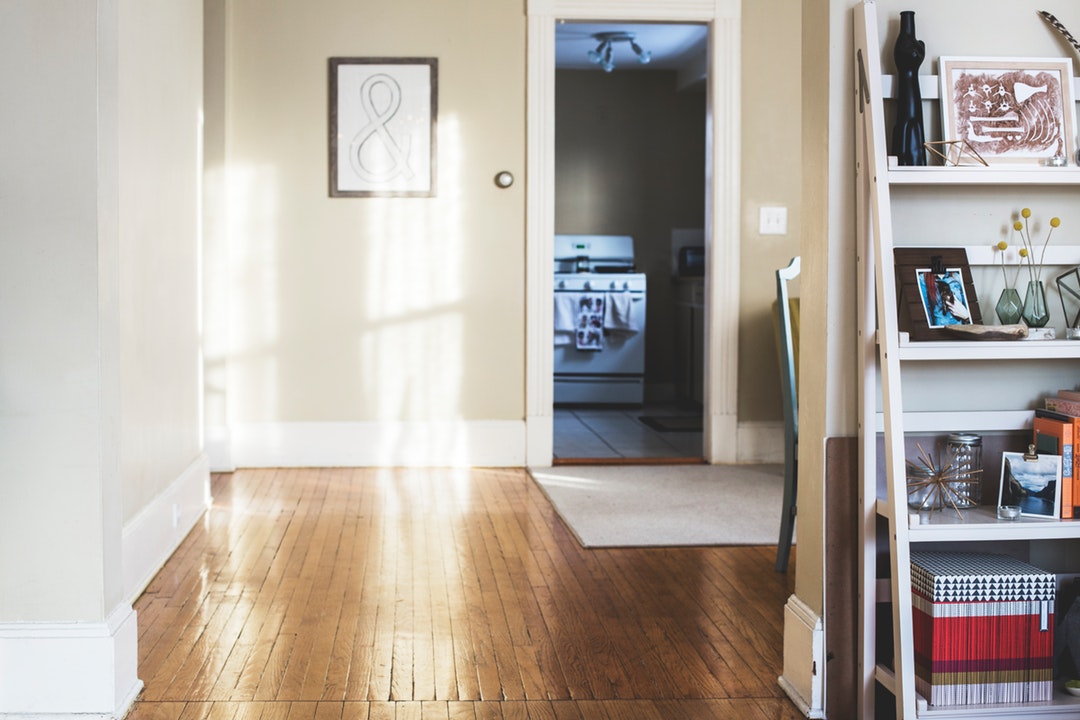More than 100 million people rent their homes in the United States. One group of people are especially likely to rent. While people from all age groups rent, it’s 20-somethings who are most likely to rent their home.
Finding an apartment can be very stressful if it’s your first time. Read on to learn how to look for an apartment in Alabama in 10 easy steps.
1. How Much Can You Afford?
Start by working out what rent you can afford to pay. Taking on an apartment that you cannot afford can become a nightmare. If you end up not paying rent you can jeopardize your credit record and that makes renting difficult in the future.
Starting off with a clear idea about what you can afford also means you don’t waste time and effort evaluating apartments that are not suitable for you.
The US Census Bureau suggests a guideline for the percentage of income spent on housing. They suggest it should not exceed 30% of income.
Each case is different depending on the circumstances. Responsibility for dependents, transport costs, total earnings, and many other factors will all be relevant.
It’s worth drawing up a budget for your spending to determine what money you have available for rent. Living to a budget doesn’t mean you can’t have a life too. It does mean you can find the rent every month.
You might choose to make some sacrifices. Ask yourself if that movie subscription is more important than a nice apartment. Remember to leave some contingency for emergencies.
2. Value for Money
Apartments in Alabama vary in cost. If you need to find a lower rent, there are some things you can do.
Consider the transport costs. What you save on rent could be eaten up by higher transport costs. Does travel time matter to you?
Sharing with a roommate can help reduce costs. Check if you have the landlord’s approval for sharing. Be aware that if you don’t have a clear, preferably written, agreement with your roommate, you may find there are financial implications if your relationship breaks down.
While a large apartment may seem attractive, if you need to save money, perhaps you can get by with less square footage. How much space do you really need?
3. Decide on Your Criteria
Once you are clear about your financial position, decide on your criteria. What kind of apartment will tick all the boxes?
Set your price and don’t stray from it. Decide on your location and transport needs. Decide what amenities you need access to.
The amenities to consider are transport, shops, laundry, parks, and recreational facilities. Include safety in your criteria. Not only should the neighborhood be safe, but also the security of the apartment.
4. Set Aside Your Down Payment
You’re probably going to need a down payment. if you decide on an apartment if there is a delay while you gather the money together you may lose the apartment you have worked so hard to find.
Landlords often calculate the down payment by adding the first and last month’s rent together and then adding a security deposit. Typically, the deposit is equal to one month’s rent.
5. Search Intelligently
Once you’ve drawn up your criteria, use it.
Take account of the time of year. You may be searching for an apartment at a warm time of year but is the apartment warm in winter?
How long has the apartment been available? Are there lots of other people looking for an apartment at this time? These factors can make a difference in the price and how much power you have in any negotiation.
6. Be Organized
Keep your search focused on your criteria. Searching and viewing apartments can take a lot of time. You don’t want to be visiting apartments that don’t meet your essential criteria.
Search online before visiting apartments. Start here with townhomes Auburn AL. Use your criteria to make a checklist and score apartments against and only visit apartments that meet your criteria.
Make appointments and try to visit apartments in batches. If you can’t get a certain piece of information from the person showing you the apartment, follow up later and get the information.
Keep the information you gather in a standard format so you can compare apartments easily. Take photos to help you remember what you’ve seen.
7. Be Prepared
When a landlord rents you an apartment they take on some risks. Their investment in the property only gets a return if you pay the rent and look after the apartment. Because of this, landlords will generally carry out some checks on applicants.
Background and credit checks reassure the landlord that you will be a good tenant. Sometimes there are problems with your credit record that come to light when a landlord completes a credit check. It’s often too late to resolve any errors at this stage.
Request your own free credit report and resolve any errors. If there are any potential problems you can’t correct at least you will be prepared to deal with them if they are an obstacle to renting.
Collect together any other information a potential landlord might need. This can include employment or college enrolment details, pay stubs, and self-employed tax returns.
If you’ve rented before any references from previous landlords may also be useful. If you are new to renting get references from people who will vouch for your honesty and reliability. A previous employer or responsible person is the best kind of referee and avoid family members.
8. Ask Questions
If you have gaps in the information you need, ask questions. This is no time to be shy. If you don’t understand something, ask for clarification.
Ask other tenants about the landlord and the apartment if they are available. Ask neighbors about what the neighborhood is like.
Ask if there are any discounts available. Ask to see the lease and ask questions about anything you don’t understand. Ask if utilities are included in the rent or not.
9. Making Choices
It’s time to make some decisions. Decision making is a life skill and once you learn how to do it, you can use this skill for many decisions you have to make in life.
Which apartments don’t meet your criteria? Discard them now.
How do the apartments that do meet your criteria compare? Rank them from best to worst.
10. Completing
Do some final checks. A final check to make sure you have made the right choice can involve a final walk-through of the apartment too.
Make sure everything in the apartment works. Lights, faucets, power outlets, heating, locks, appliances and anything else in the apartment that might not function.
Check for pests. Check the carpets, walls, floors, and tiles. Take photos of any damage.
Check if you can get any discount on the rent. Read and sign the lease.
You Know How to Look for an Apartment
Now you know how to look for an apartment. Don’t be distracted by unimportant matters such as the huge TV if the essential criteria are not met. Proper preparation means you can enjoy your new apartment because it’s right for you.
Read more about useful life skills.

